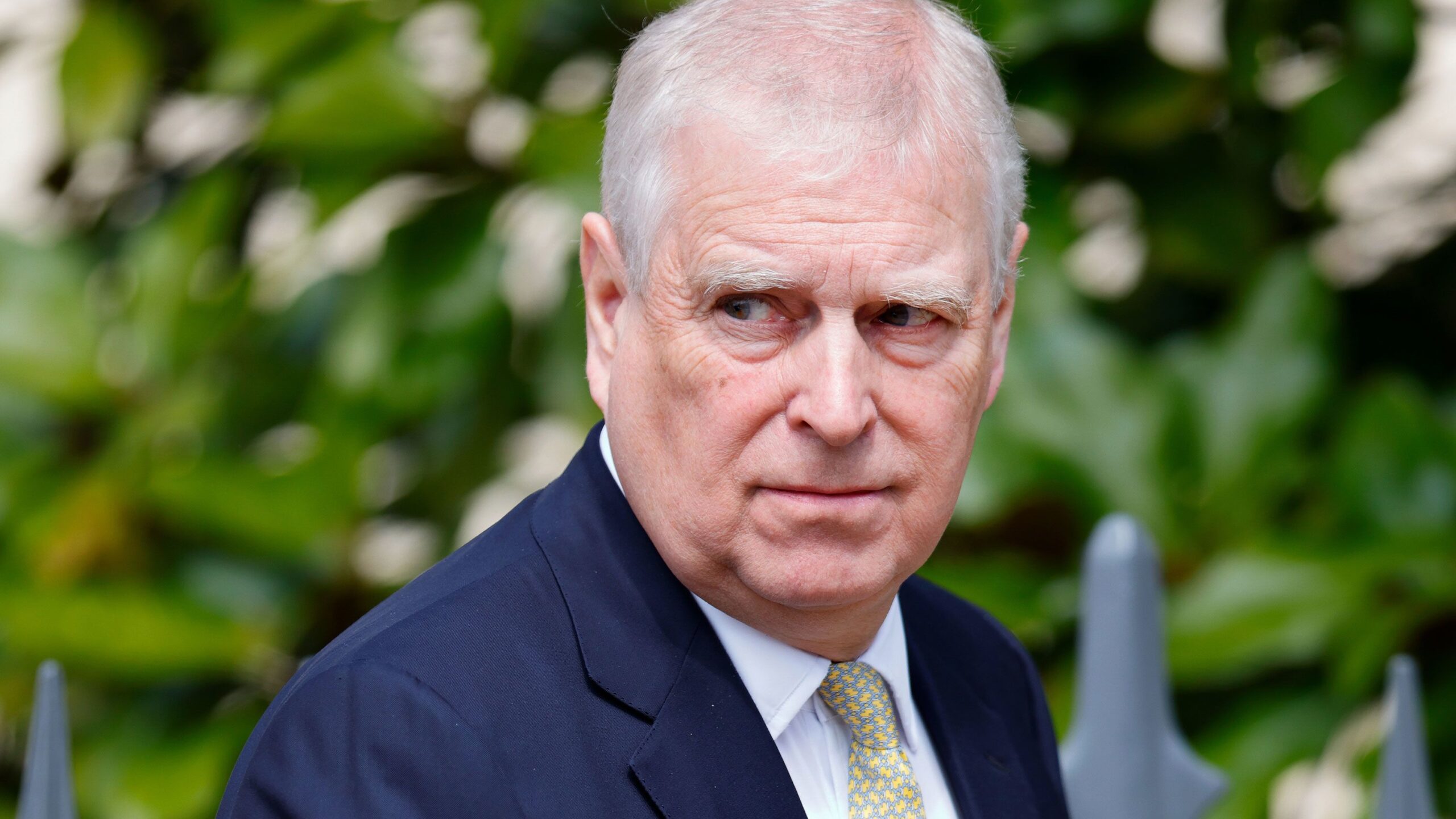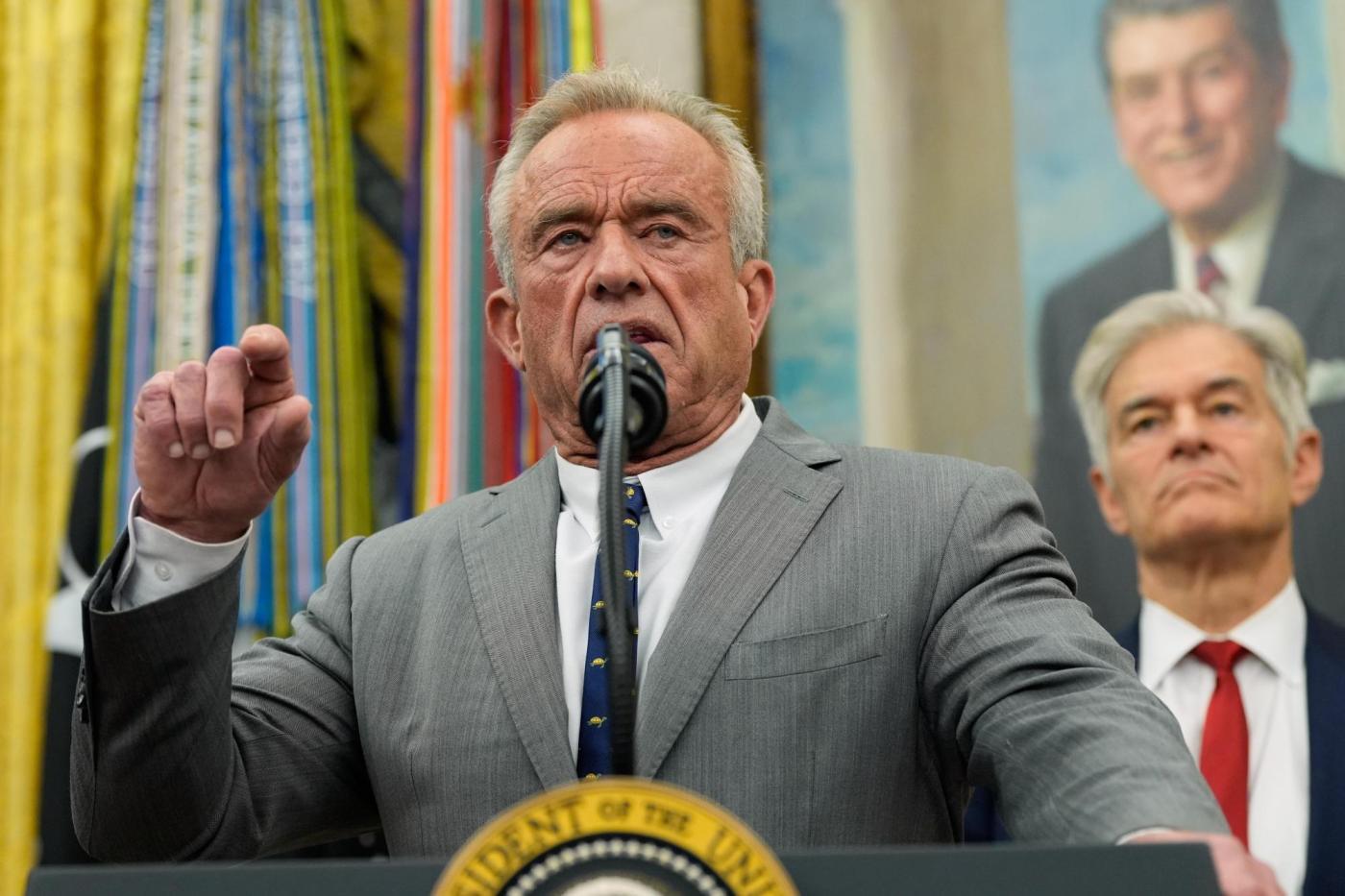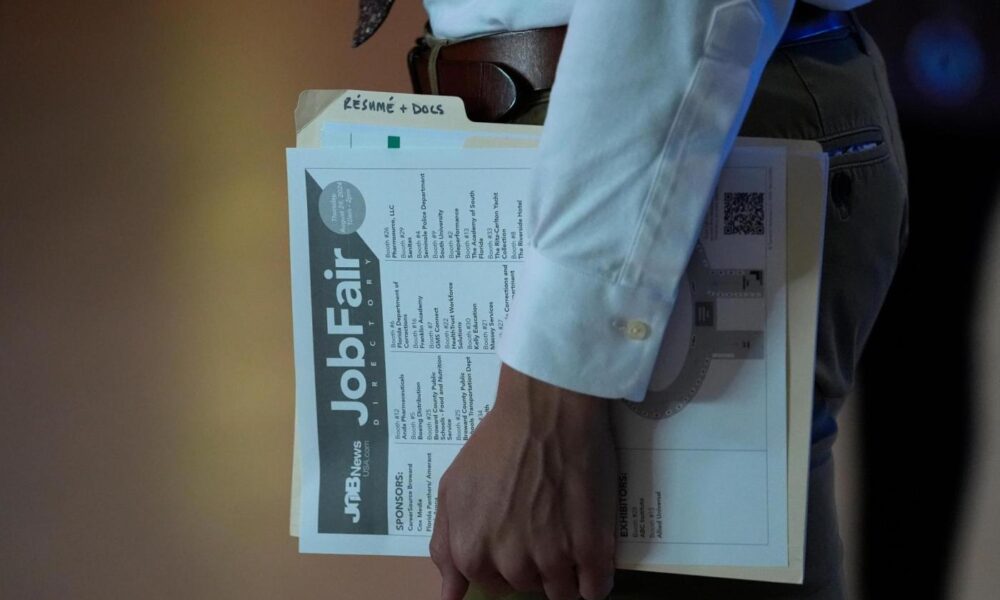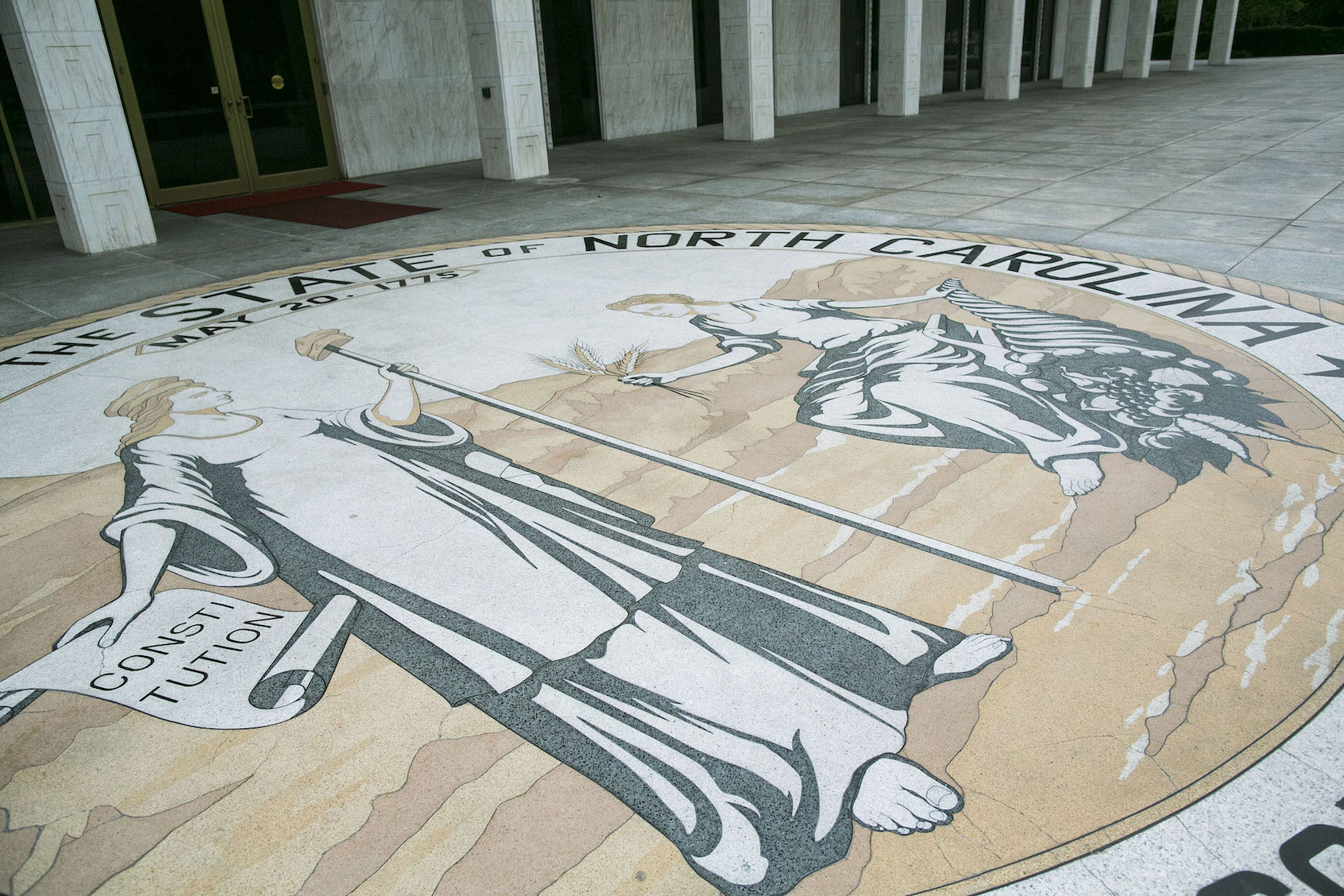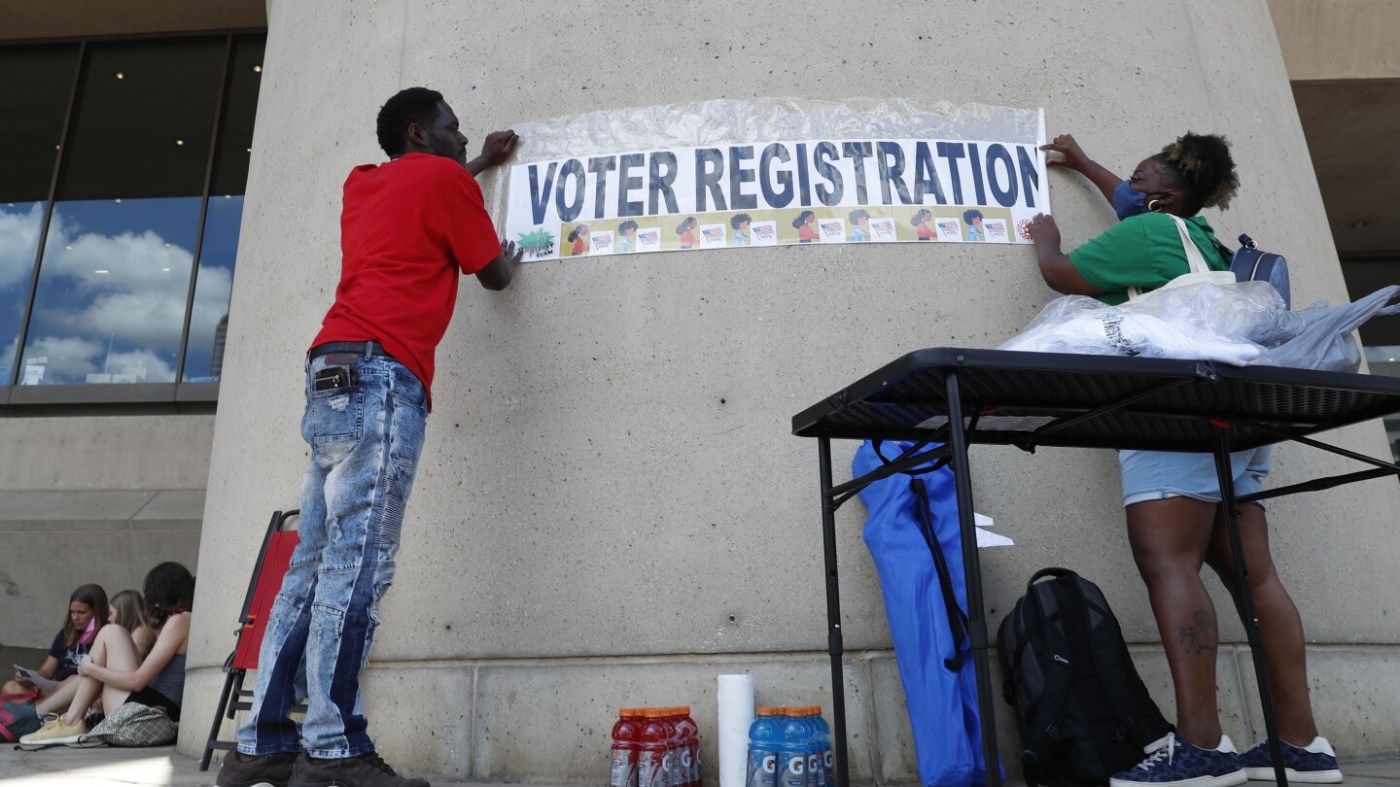The British monarchy faces a significant upheaval as King Charles has decided to remove his brother, Prince Andrew, from royal status, effectively evicting him from his long-time residence. This decisive action follows mounting public outrage over Andrew’s connections to the late convicted sex offender Jeffrey Epstein, exacerbated by the recent publication of accuser Virginia Giuffre’s memoir.
Buckingham Palace announced on October 5, 2023, that Andrew would lose his princely title, reverting to his birth name, Andrew Mountbatten Windsor, as part of a broader effort to address public dissatisfaction with the monarchy. This move comes more than five years after Andrew stepped back from royal duties amid allegations he has repeatedly denied.
Royal historian Kate Williams remarked on the gravity of this decision, calling it “unprecedented” in modern royal history. She noted, “This is a huge move from the royal family. Just recently, the King announced that Andrew was stepping back from the title Duke of York just before Mrs. Giuffre’s memoir was published. But that simply wasn’t enough for public opinion.”
Andrew’s situation has drawn comparisons to historical precedents, but Williams emphasized that his circumstances are distinct due to the serious judgment errors involved. The removal of his title marks a profound humiliation for the 65-year-old, who has enjoyed the privileges of royal life for decades.
The implications of this decision extend beyond Andrew’s personal life. He is set to vacate the Royal Lodge, a sprawling mansion located within the Windsor estate, and will likely retreat to a quieter existence. Reports indicate that he did not resist the King’s actions, though it remains unclear how much agency he truly had in the matter.
Political leaders have largely welcomed the King’s decision. Conservative leader Kemi Badenoch highlighted the difficulty of acting against a sibling, stating that “the King has clearly felt that this is the right decision for the royal family.” Liberal Democrats leader Ed Davey suggested that Andrew’s position had become “totally untenable,” insisting that this step is crucial for restoring trust in the monarchy.
The palace’s statement acknowledged that these actions were necessary despite Andrew’s ongoing denials of the allegations against him. The King reportedly sought to act swiftly but needed time to consult with legal and constitutional experts. His decision is said to have the backing of the wider royal family, including his son, Prince William.
Despite these significant changes, skepticism remains about whether they will suffice to repair the monarchy’s tarnished reputation. Critics emphasize that merely stripping Andrew of his title does not address the gravity of his alleged actions. Graham Smith, chief executive of the anti-monarchy group Republic, commented, “Losing silly titles is not an answer to very serious accusations of sexual offenses and corruption in public office.”
While Andrew is now a commoner, he retains his position as eighth in line to the throne. Reports suggest that he will receive an income from King Charles and will be provided with a residence on the King’s private estate in Sandringham. Additionally, his ex-wife, Sarah Ferguson, who has shared the Royal Lodge with him for two decades, is also expected to relocate.
The future of Andrew’s daughters, Princesses Beatrice and Eugenie, remains stable, as they will continue to hold their titles in accordance with a directive issued by King George V in 1917.
As King Charles navigates these turbulent waters, it remains to be seen whether his actions will be viewed as sufficient by the public, or if further accountability is needed to restore faith in the institution.

